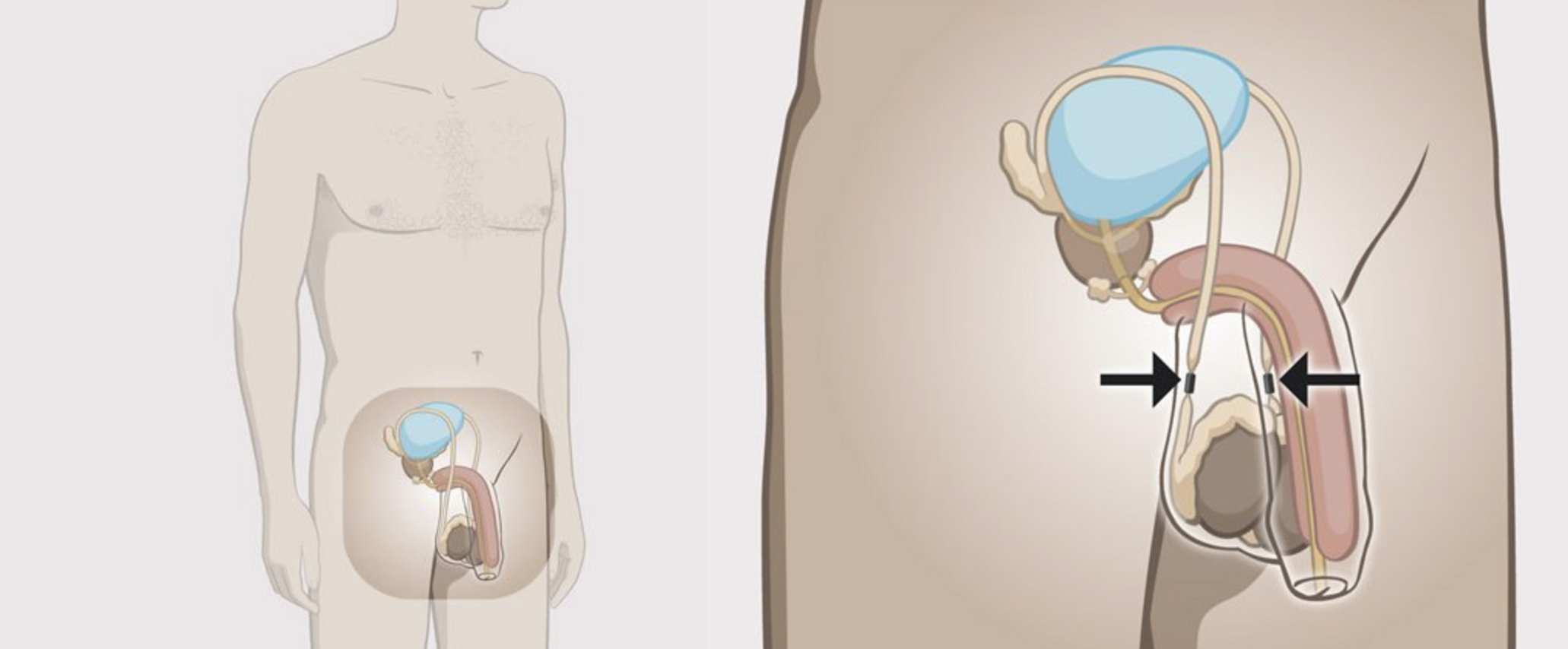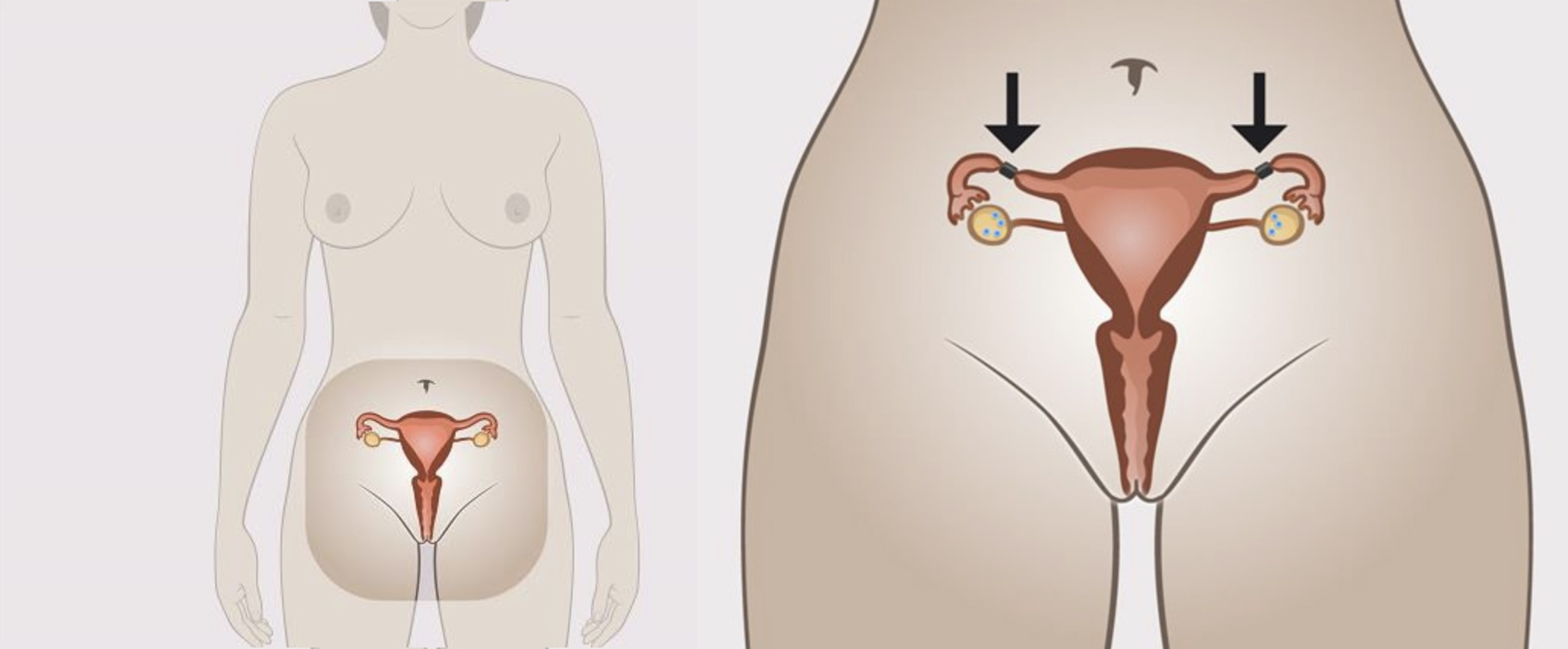
Sterilization
Sterilization is a permanent procedure to prevent pregnancy, and it works by blocking the fallopian tubes. Sperm cells are prevented from accessing egg cells through sterilization operations that have no negative effect on the overall health of men or women. Sterilization is a completely reliable and ultimately protective method that prevents the woman from getting pregnant. In a woman, the tube is cut off, and egg cells are prevented from reaching the uterus. There is no change in the pleasure and sexual desire that men or women will have in sexual intercourse after sterilization surgery. However, after surgery, the woman cannot give birth to a child, and the man can no longer be a father. Although sterilization surgeries are the most reliable method, it is important to make such decisions with the agreement of both partners. Therefore, it is necessary to think well before the surgery and make the decision that is right for the person and their partner.
In sterilization surgeries performed on women, the women are discharged with the approval of the physician after the effect of the anesthesia disappears. Sterilization operations, which do not have the slightest negative effect on sex life, do not adversely affect orgasm and libido in men and women. Sterilization surgeries, a permanent pregnancy prevention method, are difficult to reverse and should not always be expected to succeed. Sterilization operations do not protect women or men from any sexually transmitted diseases or infections. Condom use is necessary in order to not become a carrier of such infections.
Male Sterilization (Vasectomy)
In a male sterilization operation, semen production occurs without sperm cells, although the man is still able to ejaculate by producing semen. After surgery, sperm cells do not reach the prostate through the sperm duct and to the seminal vesicle where sperm is produced. Surgical sterilization (vasectomy) operations performed on men are less risky than those performed on women. In men, the procedure is usually performed under local anesthesia, it lasts approximately 15-30 minutes, and after the surgery, the man can return to his daily life by being discharged right after. After the application of this method, it is very difficult for sperm to return to its state before the operation, as damage will occur on the channels. Although the success rate is almost 100% after vasectomy operations, pregnancy formation is rarely observed. After the surgery, the man’s reproductive ability is not immediately lost, it is necessary to have had ejaculation 20 times for the disposal of the sperm remaining in the body from before the operation. The protection of male sterilization operations is lifelong. If there is no sensitivity to the anesthesia used during the operation, there is no risk.

|
Female Sterilization
The female’s reproductive ability is prevented by preventing male sperm cells from accessing egg cells.After the operation of sterilization of the woman, the menstrual cycle or menstruation of the woman is not affected in any way.

|
How to Perform Sterilization Surgery?
Surgical sterilization (vasectomy) operation applied to men is less at risk than women. In men, usually performed under local anesthesia, surgeries last approximately 15-30 minutes, and after surgery, the male can return to his daily life by being discharged directly. After the application of this method, sperm it is very difficult to return to the old state as damage will occur on the channels.
Although the success rate is observed at 100% after vasectomy operation, pregnancy formation is rarely observed. After surgery, the male’s reproductive ability is not immediately lost, the male discharge (ejaculation) is necessary 20 times for the disposal of sperm collected in the body before the operation. The protection time of male sterilization operations is lifelong. If there is no sensitivity to the anesthesia used during the operation, there is no risk.
Sterilization surgeries on women the individual is discharged with the approval of the physician after the anesthesia effect has passed. Sterilization operations, which have not had the slightest negative effect on sex life, do not adversely affect orgasm and libido in men and women. Sterilization surgeries, a permanent pregnancy prevention method, are difficult to reverse surgeries and should not always be expected to succeed. For this reason, it is recommended to be well considered before such surgeries. Sterilization operations do not protect women or men from any sexually transmitted diseases or infections. Condom use is necessary in order not to be a carrier of such infections.




